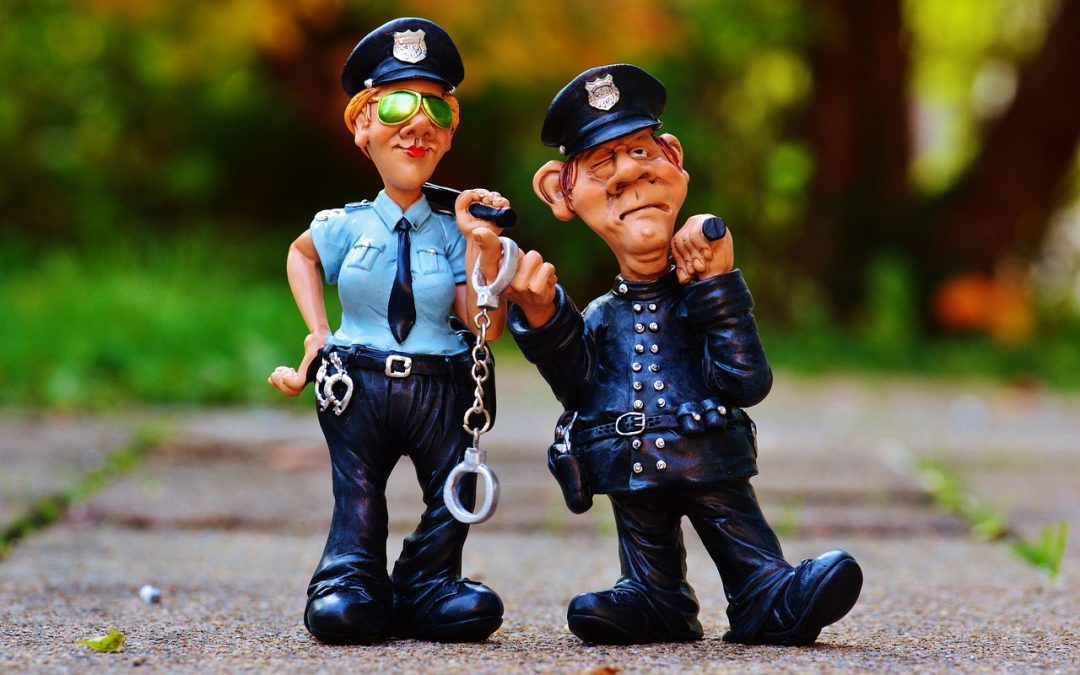When interacting with law enforcement, it’s essential to prioritize both safety and your rights. One scenario that may leave individuals unsure of how to proceed is when they’re confronted by an undercover police officer. In such situations, remaining calm, composed, and informed is crucial to avoid misunderstandings and potential legal complications.
Understanding Your Rights
In the United States, the Fourth Amendment protects citizens from unreasonable searches and seizures. This means that police officers need probable cause or a warrant to detain or search you. However, in certain circumstances, officers may approach you without a warrant, relying on reasonable suspicion or consent. It’s vital to recognize when you’re being detained, as this can significantly impact your rights and the outcome of the encounter.
Interacting with Undercover Officers
When approached by someone claiming to be a police officer, especially if they’re in plainclothes, it’s essential to verify their identity and assess the situation. Remember that undercover officers are still required to carry identification and badges, even if they’re not in uniform. If you’re unsure, you can ask to see their identification and badge number.
- Do ask for the officer’s name, badge number, and the reason for the stop or conversation.
- Do verify the officer’s identity by checking for a badge, identification, and a clear explanation of their authority.
- Don’t resist or obstruct the officer, as this can escalate the situation.
- Don’t answer questions or provide information beyond identifying yourself and your citizenship status (if asked).
- Do politely ask if you’re free to leave; if so, calmly and slowly depart.
Asserting Your Rights
If you’re detained or questioned, remember that you have the right to remain silent and request an attorney. These rights are protected under the Fifth Amendment and Miranda v. Arizona (1966). You don’t have to answer questions or provide information beyond identifying yourself.
“The Fifth Amendment is an old friend and a good friend. It is a friend, I repeat, of the accused. It is a friend of the innocent. It is a friend of the guilty. It is a friend of the guilty, because it prevents the guilty from being punished for an offense of which he is not guilty. It is a friend of the innocent, because it prevents him from being punished for an offense of which he is innocent.”
While exercising your rights, prioritize de-escalation and safety. Avoid being confrontational or aggressive, as this can lead to misunderstandings and potential legal consequences. If you’re unsure about your rights or the legality of the encounter, politely ask to speak with a supervisor or seek legal counsel.
In conclusion, responding to undercover police approaches requires a balance of assertiveness, caution, and respect for authority. By understanding the legal framework, prioritizing safety, and knowing your rights, you can navigate these situations with confidence and dignity. Remember to stay informed about local laws, regulations, and police procedures to ensure your interactions with law enforcement are productive and peaceful.
The information at Observed.Org may not pertain to every jurisdiction. It is YOUR responsibility to know your rights and observe them. Nothing here should be considered legal advice.

